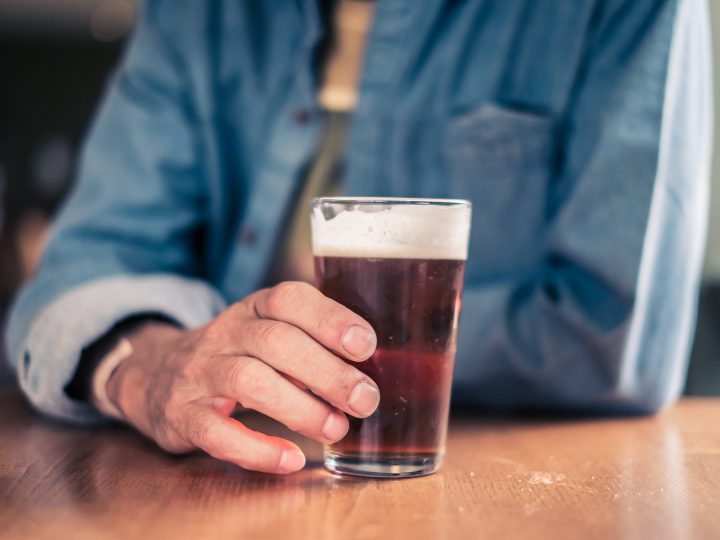As we head into the holiday season, you may want to keep the following findings in mind before allowing yourself to indulge in an extra festive drink or two.

Doctors at the American Society of Clinical Oncology have linked both light and heavy drinking to a number of cancers, including breast, esophagus, liver, larynx, colon, head and neck.
WATCH BELOW: New discovery could lay groundwork for effective alcoholism treatment

In the U.S., it is estimated that 3.5 per cent of all cancer deaths are linked to alcohol, and in 2012, 5.5 per cent of all new cancer diagnoses and 5.8 per cent of deaths worldwide were attributable to alcohol consumption.
Researchers, who published their findings in the Journal of Clinical Oncology, state that alcohol is causally associated with oropharyngeal and larynx cancer, esophageal cancer, hepatocellular carcinoma (liver cancer), breast and colon cancer. Although the greatest risks were found in heavy drinkers, some risks were also observed in moderate drinkers.

Get weekly health news
“The message is not, ‘Don’t drink.’ It’s, ‘If you want to reduce your cancer risk, drink less. And if you don’t drink, don’t start,’” Dr. Noelle LoConte, an associate professor at the University of Wisconsin-Madison and the lead author of the ASCO statement, said to The New York Times. “It’s different than tobacco where we say, ‘Never smoke. Don’t start.’ This is a little more subtle.”
The biggest risks were seen in people who were classified as heavy drinkers (four or more drinks for women, five or more drinks for men in one occasion) or moderate drinkers (one drink for women and two drinks for men per day). However, the risk of developing squamous cell carcinoma of the esophagus, oropharyngeal and breast cancer were elevated even among light drinkers (one or fewer drinks per day).
Researchers found that light drinking was associated with a 13 per cent increase in head and neck cancer, and a four per cent increase in breast cancer. Heavy drinkers were over 500 per cent and 61 per cent more likely to develop the same cancers.
With liver cancer, alcohol leads to cirrhosis and cirrhosis, in turn, leads to cancer, but it’s not always such a clear chain reaction. In some cases, alcohol can convert into a carcinogen that prevents cells from repairing DNA damage.
READ MORE: Reality check: Is a daily glass of wine really good for your health?
“With colon cancer, alcohol seems to interfere with the way folate is absorbed, which is a known precursor in the path to developing cancer in the colon,” LoConte said to CTV News. “And in female breast cancer, (alcohol) affects the levels of female hormones in the body, and by adjusting the levels of estrogen in particular, it increases risk of breast cancer.”
The main concern for doctors are the binge drinkers: men who consume four or more drinks per day, and women who consume three or more drinks per day.
“Even one drink a day, every day, your risk of breast cancer goes up a tiny amount but not a lot. It is really the heavy drinkers over a long period of time that we need to worry about,” she said.
As for the widely publicized reports that bestow a host of cardiovascular benefits on red wine, the study authors say those reports were likely over-hyped and no doctor should recommend red wine consumption to prevent cardiovascular disease.










Comments